

James Cargas first worked in the U.S. Congress as a Capitol Hill intern when Tip O’Neill was Speaker and Ronald Reagan was President. Then in 1988, after graduating from the University of Michigan with a double major in English and Communications, he returned to the U.S. House of Representatives as a Press Secretary to Michigan Democrat David E. Bonior. By this time, Texan Jim Wright of Fort Worth was Speaker. It was a time when the Republicans controlled the White House and Democrats the Congress. It was a time when they discussed their differences, put aside hardcore and obstinate ideologies, worked hard to find solutions that kept the federal government operating. It was a time when members of both parties focused on serving the American people that elected them. It was how Congress had operated successfully since its formation in 1789.
That Congress does not exist anymore, which is why James Cargas is committed to becoming a member of Congress, and to putting the needs of Houstonians before extreme party politics.
Short Biography for Reprinting in Programs
In 1992, James graduated from The American University’s Washington College of Law where he served as President of the Environmental Law Society and Article Editor of The American University Journal of International Law and Policy (now The American University International Law Review). During law school, he was a law clerk to the Federal Energy Regulatory Commission’s Solicitor. The FERC Chairman was Martin Allday of Austin. Upon graduation, he worked first in a large law firm and later as environmental counsel to a major interstate pipeline company. He is admitted to practice law in Texas, Washington DC, Michigan and West Virginia.
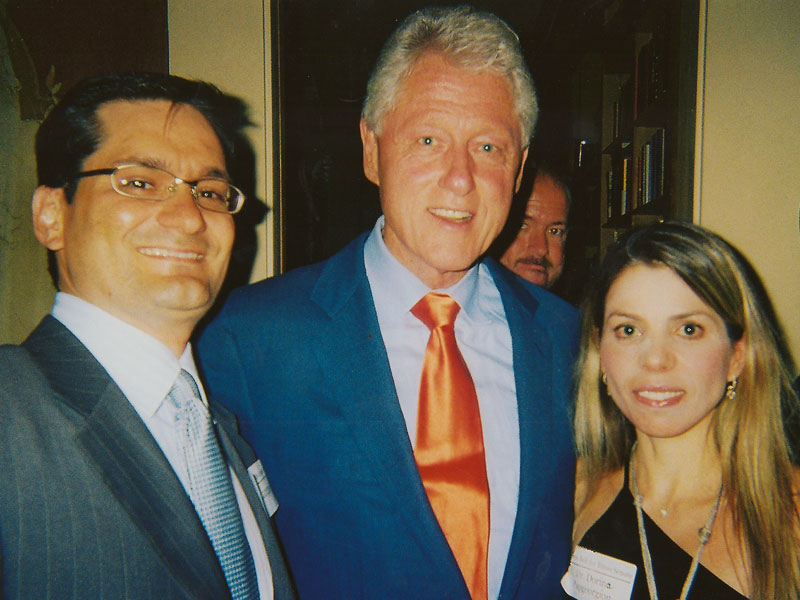
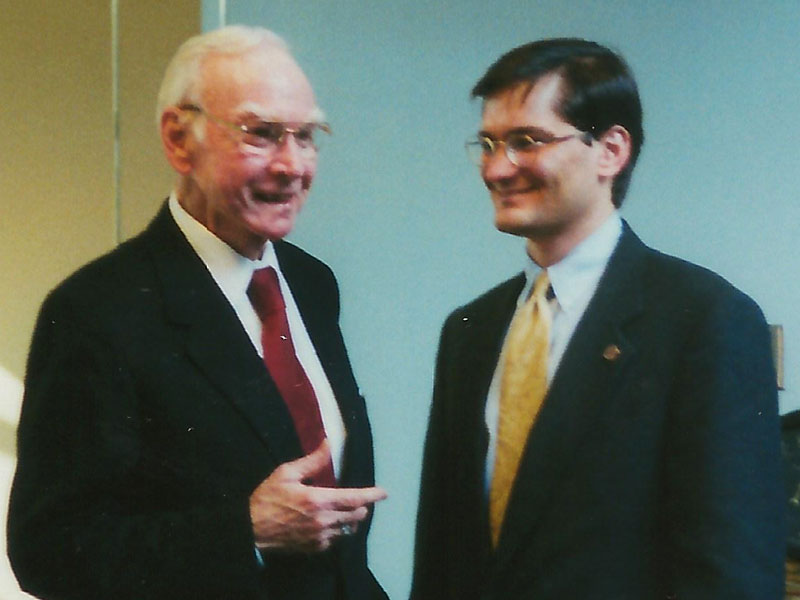
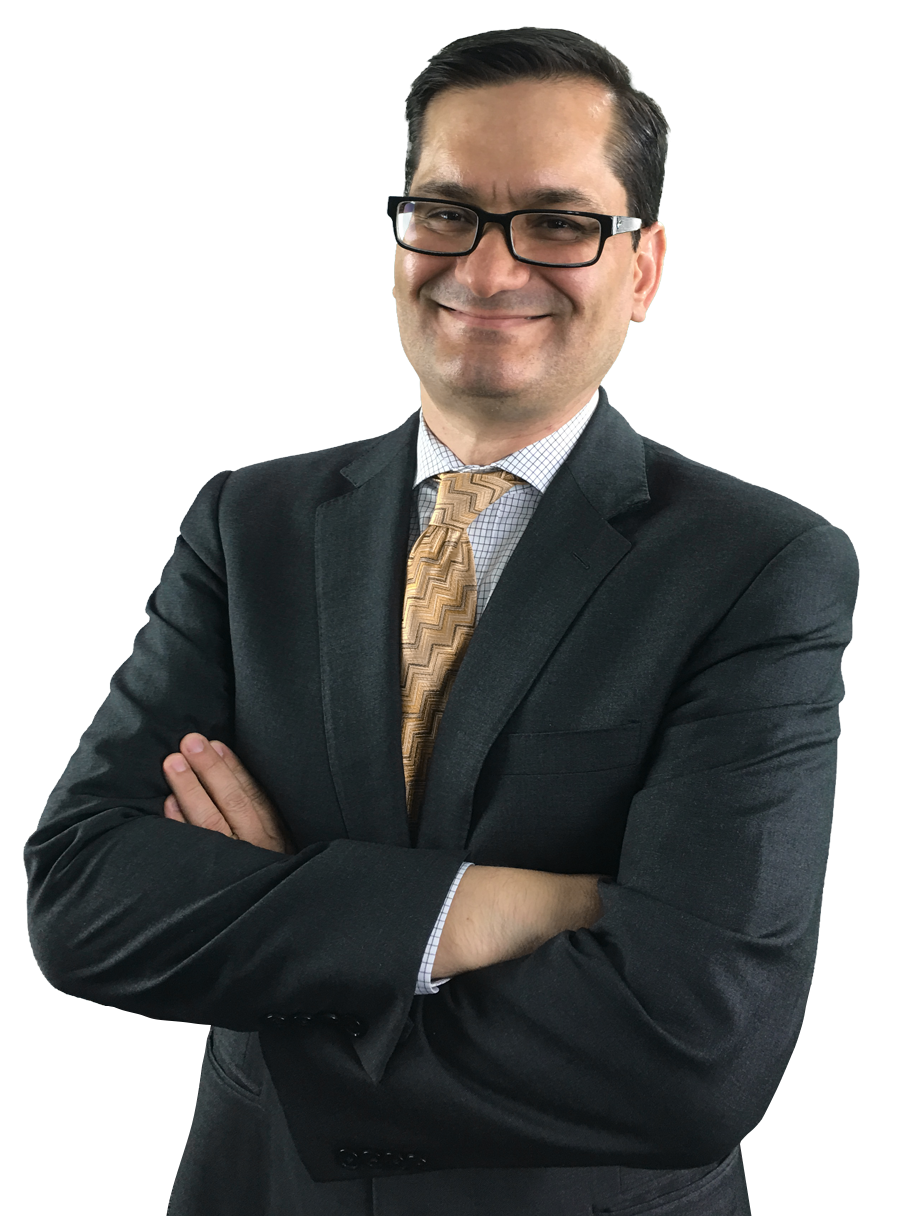
James left the private sector to join the Clinton/Gore White House and the President’s Council on Sustainable Development. There he promoted clean wind and solar energy, hybrid vehicles, sustainable resource development, and other means of improving the American economy without sacrificing the American environment. Two decades later many of these sustainable ideas and technologies are being adopted to increase economic efficiencies, boost the bottom line and mitigate climate change.
After leaving the White House to work on the Gore Presidential primary campaign in Iowa and Texas, James Cargas rejoined the administration under Secretary of Energy Bill Richardson. There he worked in the Office of Fossil Energy, which was led by the former Public Utility Commission of Texas Chairman, Robert Gee. He represented the U.S. Department of Energy (DOE) on the President’s Task Force on the Southwest Border and was part of the DOE team promoting greater drilling in the Gulf of Mexico’s ultra deepwater using newer, safer and environmentally protective technologies developed with taxpayer funding in the National Labs and elsewhere. Two decades later, some of the largest domestic oil and gas discoveries are now coming from the Gulf using these technologies.
When Bill Richardson returned to New Mexico to become Governor, James permanently moved to the nation’s Energy Capital, Houston. James was the Deputy Director of the non-profit North American Energy Standards Board which gave him a stronger understanding of the intricacies of the electric industry, as well as how it was interdependent with the natural gas industry.
In 2008, Mayor Bill White hired James as the City of Houston’s energy counsel responsible for advising the Mayor on all aspects of energy procurement and energy conservation matters. He also advises the City on contract, environmental, real estate and regulatory matters. During Mayor Annise Parker’s term, James negotiated a 30 MW solar power plant that will provide the City’s operations with 20 years of clean power. Today, he works for Mayor Sylvester Turner and is part of a team that has made the Houston the 7th largest purchaser of renewable energy in America.
James Cargas is also Secretary-Treasurer of the Houston Chapter of the Energy Bar Association, and a board member on the North American Energy Standards Board. He is a founding member of the Oil Patch Democrats, a democratic club that promotes realistic energy policy, and an Eagle Scout. As the son of a former owner of restaurants, he is an accomplished cook and has a firm understanding of what it takes to be a small business owner.
James and his wife, Dr. Dorina Papageorgiou, a neuroscientist at the Texas Medical Center, met at Houston’s Museum of Natural Science and now live only a few blocks away. They are members of the Annunciation Greek Orthodox Cathedral and St. Basil’s Greek Orthodox Church.
Throughout my life, our parents always stressed to my sister and I, the value of a solid education. My father – after surviving the Nazi occupation of Greece – overcame the severe poverty of post-WWII Europe to earn both a Medical Degree specializing in Cardiology and Pathology, and a Ph.D. degree in Microbiology. He was one of seven children but was determined to study and work hard to make a better living for himself and his future family. My mother pursued a bachelor’s degree in English Literature at the University of London. She also studied piano and opera at the National Conservatory of Greece. My parents met while my mother was a Red Cross Volunteer at the Red Cross Hospital in Athens, where my father was a physician.
I credit my parents for my passion for science and medicine which later became my career path. They also encouraged me to learn foreign languages, piano, music composition and sports. This very commitment of my parents’ to our receiving a great education brought us to the United States. When I was 18 years old, my commitment to receiving the best education possible resulted in my leaving Athens Greece for the United States and Athens, Georgia.
At the University of Georgia I earned a Bachelor’s degree with a double major in Psychology and Sociology. A year later my sister joined me. Upon graduation, I continued on with graduate studies by earning a Masters of Health Science degree in Psychiatric Epidemiology at Johns Hopkins University’s, Bloomberg School of Public Health. While I was in Baltimore, Maryland, my sister came to Houston to earn her Masters of Science in Molecular Genetics from the University of Texas, Graduate School of Biomedical Sciences and The M.D. Anderson Cancer Center.
I first came to Houston to visit my sister and I was immediately impressed by the many opportunities this city has to offer, especially with the plethora of medical research opportunities at the Texas Medical Center. Upon fulfillment of my first internship at the University of Maryland, School of Medicine, The Center for Attention Deficit Disorders, I accepted an internship at the Baylor College of Medicine, Department of Neurology, Neuropsychology Unit. I performed neuropsychological testing to patients with neurodegenerative diseases, such as Multiple Sclerosis’, Alzheimer’s and Parkinson’s at the Michael E. DeBakey Veterans Administration Medical Center. I found research for neurological disorders very fulfilling and challenging, and decided to pursue a Doctoral degree in Biomedical Sciences with a focus in Neuroscience, specifically in Human Brain Neuroimaging from the University of Texas – The M.D. Anderson Cancer Center. During my Ph.D. training, I investigated the effects of morphine in the brain as morphine is the most common medication cancer patients take to alleviate pain.
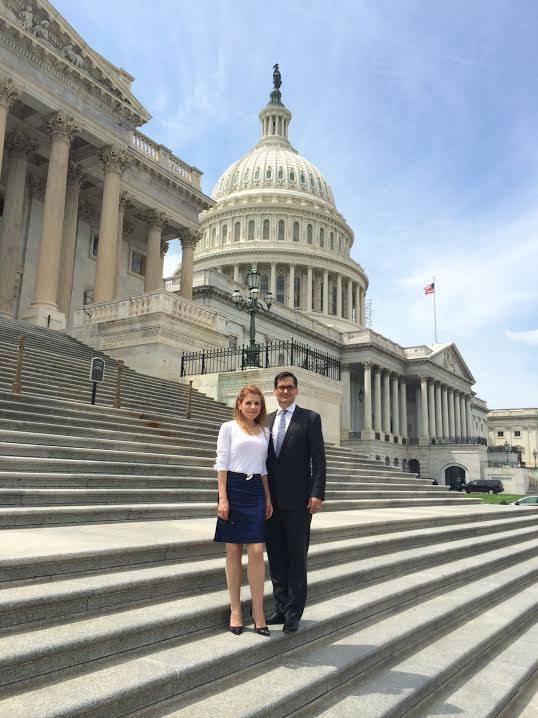
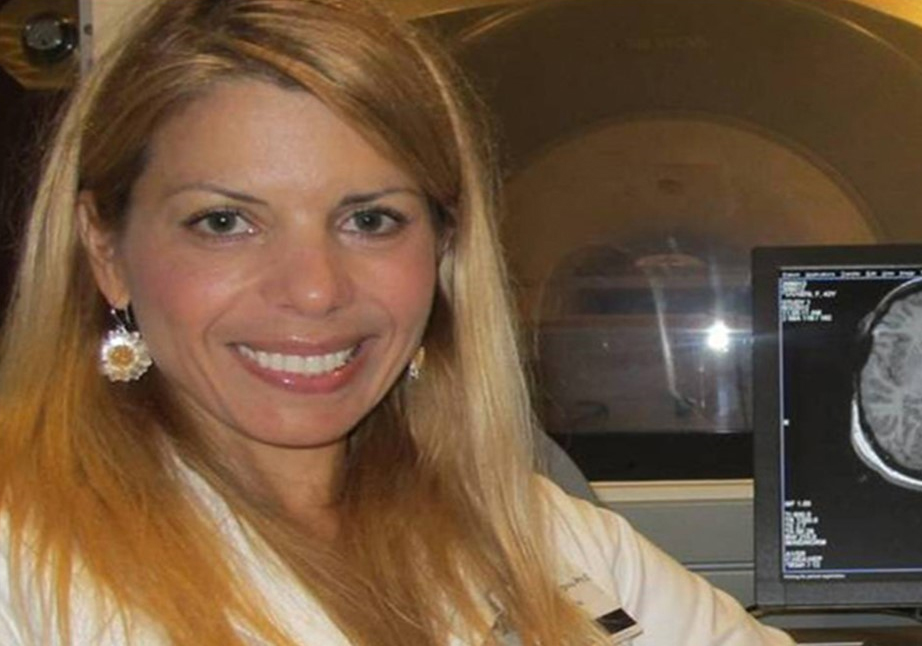
My sister also earned her Ph.D. in Cancer Biology from the University of Texas, School of Biomedical Sciences – The M.D. Anderson Cancer Center. She is currently living in Boston, working on Pancreatic Cancer research at Harvard University.
While I was a doctoral student, James and I met at the Houston Museum of Natural Sciences. About a year after meeting, James proposed to me at the same museum. We were married in June 2006, and now live a few blocks away.
Upon completion of my Ph.D. degree, I continued with three postdoctoral fellowships. During my first postdoctoral fellowship at M.D. Anderson Cancer Center, I focused on understanding the effects of cancer and its treatment to the brain. My second fellowship focused on how we can increase motor performance using brain-computer interfaces. I completed my training with a third fellowship during which I focused on the neuro-rehabilitation of cortically blind patients as a result of stroke or traumatic brain injury.
I am currently a Neuroscientist with a joint appointment as an Assistant Professor at Baylor College of Medicine and Rice University. My laboratory – Investigational Targeted Brain Neurotherapeutics – focuses on understanding how to neuro-rehabilitate brain functions as a consequence of stroke, traumatic brain injury or, brain tumor by developing innovative, targeted and individualized brain neuroimaging approaches. Our research is especially vital for our veterans, who sustain traumatic brain injury from improvised explosive devices resulting in not only cognitive and psychological impairment but also visual field deficits or, blindness.
My research has been sponsored by the National Institutes of Health, as well as various private science foundations. It is a very challenging journey to be conducting medical research when women are still being discriminated and not being recognized on an equal basis to their male counterparts but also when funding for biomedical research has been cut or ignored by Congress for over a decade. But, I have not given up. To me, it remains extremely fulfilling to keep making very small steps closer to ending human suffering and increasing our understanding of the brain and how it can re-learn after an injury.
Finally, I would like to mention my involvement with the Vecino Health Center in Houston, where I serve on the Advisory Board (www.denverharborclinic.org). The Clinic provides accessible quality, primary health care in a compassionate and respectful manner, regardless of ability to pay. The thousands of disadvantaged patients seen every year at the Vecino Health Center have little access to any health care services. The Clinic offers Texas Medical Center residents an opportunity to gain valuable training and experience while providing service to our community. Many find it the most rewarding time during their medical school education.